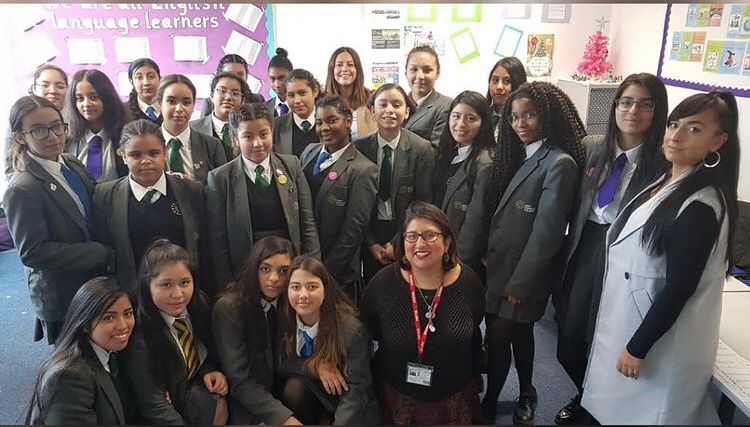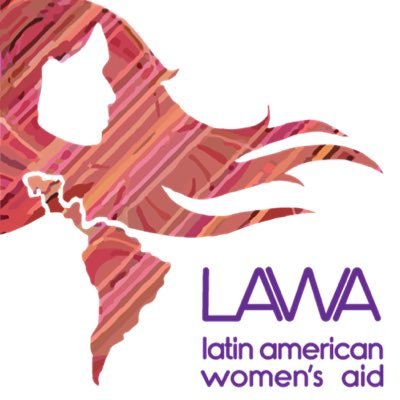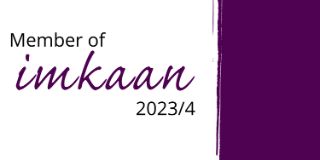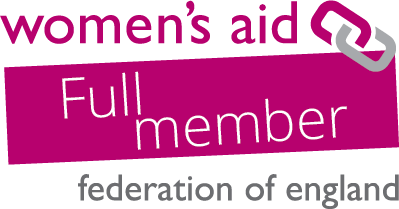
Migrating is never an easy decision. Those who do so seek better living conditions, to escape violence and poverty, or because they want a better future for their children. For children of Latin American origin, migrating to a country with a very different language and culture can be a new and challenging experience. When you reach new territory, the need to integrate can have an emotional effect that may affect your future. In the case of migrant girls and young women, the challenges float from learning to navigate a new culture range to feeling comfortable in the new space they inhabit, accepting the changes in their body and behaviour. Alternatively, they may be exposed to anger or isolation if they do not find friends or places where they feel comfortable.
If they live in contexts of domestic violence or precariousness, girls and young women feel in an uncomfortable position of being mediators between their parents, or totally ignored or violated. If the parents do not live together, replacing the absence with gifts is very common. These family and social environments lead the idea that they do not have certainties for the future, and therefore insecurities do not help to keep safe and secure.
Reimagining a better world for girls and young women in our migrant community is a task that we must take into the intergenerational perspective. That is why LAWA, through the Change Maker Chavitas Programme, developed in collaboration with Saint Gabriel’s College, provides knowledge and tools for girls and young women to be change-makers and to be more assertive and free of violence. Through six monthly workshops, we talk about self-care, safety, gender violence, empowerment and social justice to break down the cultural barriers that prevent integration into the community. We reinforce the idea that women, even when they are young, have the right to raise their voices, give their opinion, be taken into account for decisions that affect their future, and that they exercise their rights from their cultural roots.
Reimagining a better world for girls and young women in the Latin American community in the United Kingdom is to open spaces for them to develop their capacities, talents and dreams. The motivation can come from seeing the role model of other Latin American women who have managed to open a path and be recognized as leaders of our community through art, education, activism, science and technology, the defence of human rights, and social justice. It is time to work intergenerationally and co-create with Latin American girls and adolescents, so that they feel motivated, recognised, and invested in them.
On this International Day of Girl Child (October 11th), we celebrate the girls of our Latin American migrant community and the generations of girls who at Saint Gabriel’s College have shared their time, their love and their desires to live their dreams, until they see them come true. Thanks to Miss Lopez with whom we have managed to work for four years at Change Maker Programme Chavitas. Our girls deserve the best.





